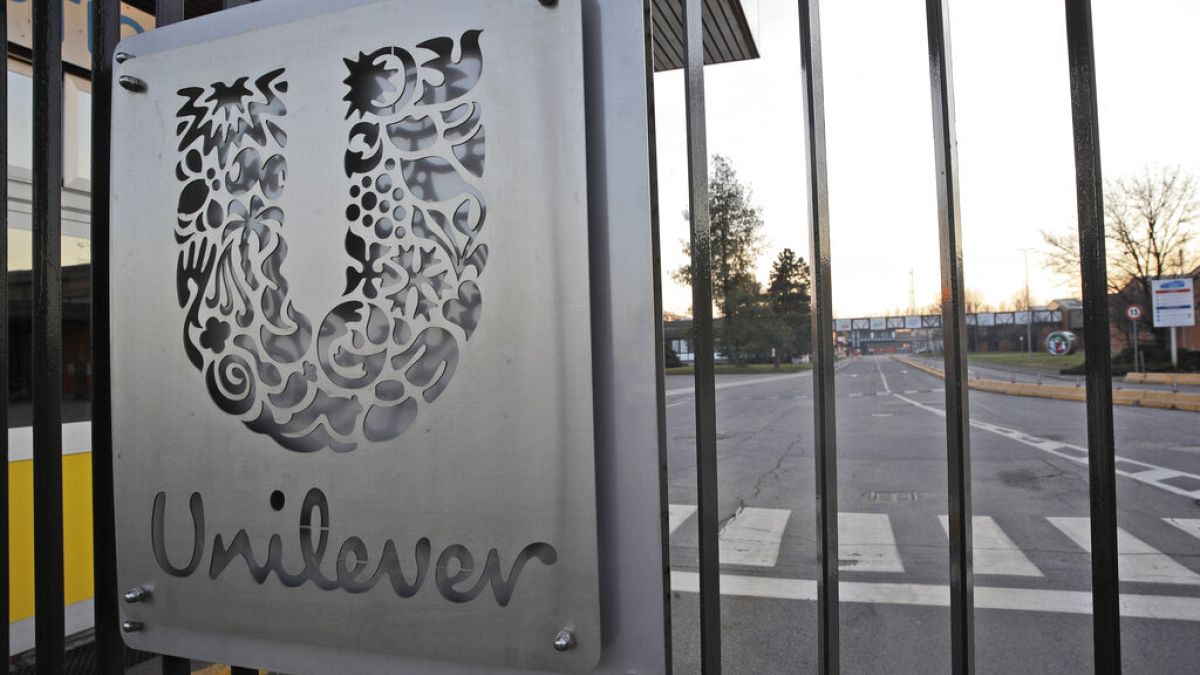Unilever to axe a third of European office jobs as part of growth plan

British consumer goods firm Unilever is slashing a third of its office positions across Europe in an attempt to regain competitiveness and drive growth.
The regional job losses, earmarked to be completed before the end of 2025, are part of a plan to cut 7,500 roles worldwide.
Unilever currently employs 128,000 people globally, and it has said that as many as 3,200 office workers in Europe could be made redundant. This is out of a total of 10,000 to 11,000 office personnel based in Europe.
"We are now, over the next few weeks, starting the consultation process with employees who may be impacted by the proposed changes," said a spokesperson for Unilever.
The exact locations of the job cuts have not formally been decided, although it has been suggested that centres in London and Rotterdam will be particularly affected.
The cuts are part of a programme announced in March, designed to boost productivity at Unilever.
CEO Hein Schumacher, appointed last year, is facing pressure from shareholders to build back market share following a series of disappointing results.
Sales figures have recently been improving, although Schumacher said in April that the company's transformation was still "at an early stage".
In March, the firm announced that it would be splitting off its Netherlands-based ice cream division to streamline operations.
This includes brands like Ben and Jerry's, Magnum, and Cornetto.
The cost-cutting changes, along with Schumacher's appointment, are partially being driven by pressure from American billionaire Nelson Peltz, who bought a stake in the company in 2022.
Redundancy estimates, first reported by the Financial Times, have since been confirmed by Unilever.
No comments:
Post a Comment